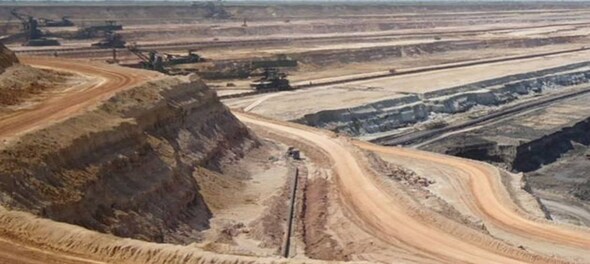
After the unearthing of a series of scams, transfer and allotment of mining leases has been a legislative focus as part of the central government’s clean-up drive of the mining sector. Prior to 2015, the state governments could grant mining leases on an ‘ad hoc’ basis and any transfer of such mining leases required prior written consent of the government.
Subsequently, the Mines and Minerals (Development and Regulation) Act, 1957 (MMDR Act) was amended in 2015 making it compulsory for the government to issue or transfer mining leases for notified minerals only through an auction by a competitive bidding process (including e-auction). Later in 2016, the MMDR Act was relaxed to permit government approved issuance and transfer of mining leases being ‘used for captive purpose’, without undergoing an auction process.
Long Delays
Obtaining government approval for transfer of mining leases is a time-consuming process and involves payment of massive transfer fees. Therefore, in the wake of distressed M&A gathering steam after the notification of the Insolvency and Bankruptcy Code 2016, it has become all the more pertinent for deals involving acquisition of companies having captive mining leases, to understand the scope of the term ‘transfer’ and whether indirect transfer would constitute a transfer under the MMDR Act, thereby triggering the requirement for government approval.
Reliance may be placed on the Minerals (Other than Atomic and Hydro Carbons Energy Minerals) Concession Rules 2016 which provide a wide and inclusive definition of ‘transfer’ and state that ‘transfer’ is defined broadly enough to cover indirect transfers. Interestingly, there are various deals in the market that are hinged on this understanding. For example, Nirma Limited proposed to buy Lafarge India’s cement assets from LafargeHolcim through an asset sale, but in light of the ambiguity around transfer of mining leases, the structure was later modified to a 100 percent share sale (based on the interpretation that a 100 percent share sale does not constitute transfer under the MMDR Act).
What The Court Says
However, while structuring a deal involving indirect transfer of captive mining leases, parties should be wary of a recent judgement of Supreme Court in the case of State of Rajasthan and Ors. v. Gotan Lime Stone Khanji Udyog Pvt Ltd and Ors (Gotan Case) (AIR 2016 SC 510). In the Gotan Case, the Supreme Court held that no lessee can trade mining rights by adopting a device of transferring the entire shareholding only with a view to sell the mining rights for private profit. It further held that where a corporate entity is used to conceal real transaction of transfer of a mining lease for consideration without statutory consent, lifting of the corporate veil is necessary.
In the Gotan Case, the court relied on the ‘substance over form’ argument while distinguishing between a real share sale transaction and an apparent transaction structured with the intent of bypassing the transfer regime under the MMDR Act. This could mean that a deal involving an acquisition of a company which holds a mining lease in addition to other significant assets may not fall foul of the Gotan Case test, as opposed to acquisition of a skeleton company whose only asset is a mining lease.
The judgement is still out on what would fall under the ‘transfer’ bucket in the MMDR Act and what would not. The uncertainty in the market shall remain till either the Supreme Court or the government clarifies its position with respect to indirect transfer of mining leases. Till then, deals may be structured in such a manner such that they do not come across as a transaction merely intended to transfer mining lease in avoidance of the provisions of the MMDR Act.
Sanchit Agarwal is senior associate and Abhiroop De is associate of Khaitan & Co.
Check out our in-depth Market Coverage, Business News & get real-time Stock Market Updates on CNBC-TV18. Also, Watch our channels CNBC-TV18, CNBC Awaaz and CNBC Bajar Live on-the-go!


Supreme Court says it may consider interim bail for Arvind Kejriwal due to ongoing Lok Sabha polls
May 3, 2024 4:57 PM
10% discount on fare on Mumbai Metro lines 2 and 7A on May 20
May 3, 2024 2:40 PM

